The overall research goal of the Center for Craniofacial Regeneration (CCR) is to develop musculoskeletal and mineralized tissue engineering therapies for craniofacial, dental, and orthopedic applications. To achieve this goal, a major focus has been placed on the interface of material development and biology. This focus has contributed to the extensive breadth and depth of research projects and expertise of the faculty involved.
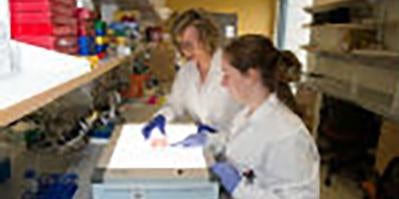
Using the cellular and molecular mechanisms driving cell and tissue response, mechanobiology designs therapies for functional tissue regeneration and develops an increased understanding of biomechanical results.
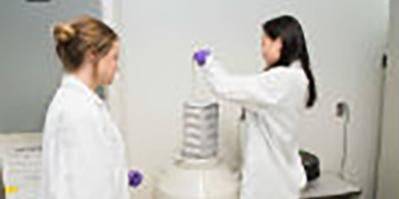
Cell biology holds exciting implications for craniofacial regeneration. Manipulation of specific pathways can guide cells to develop into specific tissue, activating cell signaling pathways and providing opportunities at the microenvironmental level for the cell to exert its function
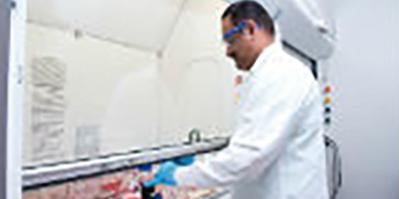
Tissue engineering aims to generate three-dimensional tissue equivalents to replace damaged or diseased tissues by combining biomaterials, cells and signals to tissue engineering
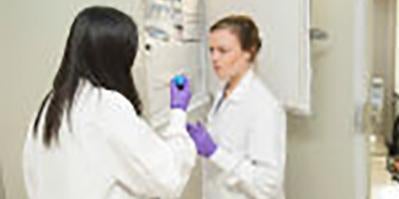
Unveiling the mechanics of biomineralization is key to understanding mineralized tissue formation and provides inspiration for the development of novel materials that are similar to mineralized tissues.
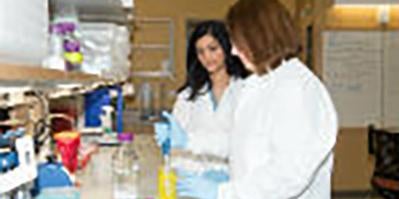
Immuno-modulation therapy offers a new way to treat diseases, more specifically periodontal disease and reduce the bone loss associated with it. This promising new approach addresses the cause of periodontal disease.
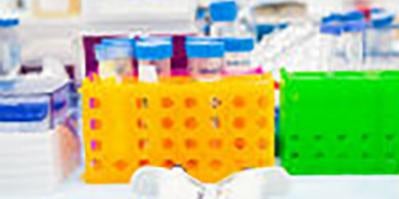
Analytic Cores at the CCR serve researchers from the University of Pittsburgh and institutions throughout the United States with equipment for MicroCT scanning, histology and mechanical testing.

